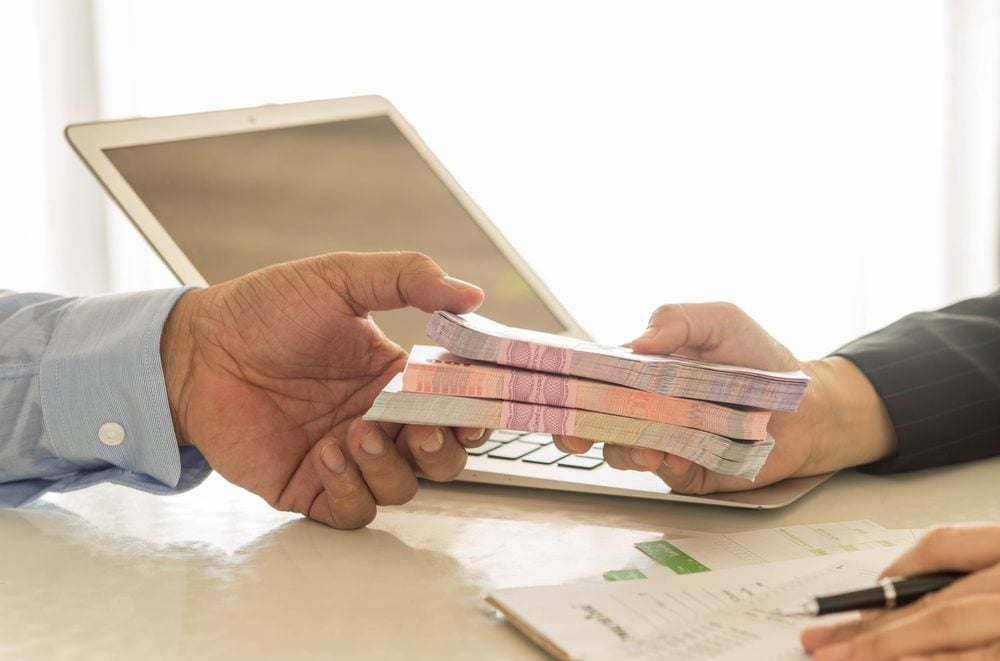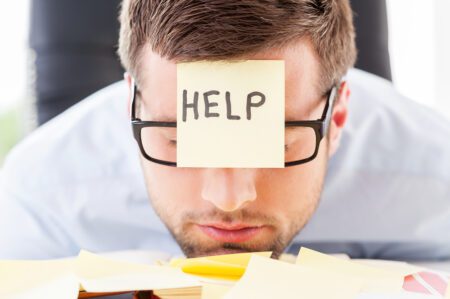Do you find yourself struggling to keep up with multiple bills and debts every month? If you’re looking for a way to simplify your debt and possibly save money on interest, consolidating your bills could be the answer. Bill consolidation has been an incredibly helpful strategy for people who want to gain control back of their money and finance.
What does it mean to consolidate your bills? And how could it improve your financial situation and make things more manageable? As with any money-related decision, you should weigh the pros and cons before taking any action. Here are some facts to help you understand the concept of bill consolidation and decide if it’s right for you.
What is Bill Consolidation?

Bill consolidation is a process whereby multiple debts are combined into a single debt, usually with a lower interest rate. Also known as debt consolidation, this can be done by taking out a new loan to pay off the existing debts, or by transferring the balances of the debts to a single credit card. Either way, the result is one monthly payment instead of multiple payments.
Debt can be a difficult thing to manage, especially when you have multiple bills from different sources like credit card debt, loans, and medical bills. Consolidating your bills into one loan can help make things more manageable and potentially save you money in the long run.
What is a Bill Consolidation loan?
A bill consolidation loan is a type of financing that enables you to merge two or more loans or credit lines into a new, solitary loan. This can be an advantageous strategy if you are seeking ways to get fast loan approval and become debt-free. For a lot of people, it is the initial step toward financial independence.
Bill consolidation loans are considered to be a helpful tool for people who are struggling to keep up with multiple bills. A bill consolidation loan combines all your outstanding debts into one single loan, which can save you money on interest and help you become debt-free more quickly.
Debt can be a heavy burden, but there are ways to lighten the load. One helpful strategy is to focus on paying off one loan at a time. This can make budgeting and tracking payments easier and may lead to lower interest rates and monthly payments.
What types of bills can be consolidated?
The financial burden of unpaid bills can feel like a dark cloud looming over your head. If you’re struggling to keep up with ordinary household expenses, consolidating your bills may be a helpful solution.
Consider consolidating the following bills:
Banks, credit unions, and loan companies may have different policies on what types of debt they will accept. If you have specific requests in mind, it is best to check with the lender before applying. Most of them check your credit history beforehand.

Different lenders offer different options for consolidating bills. Some lenders may only offer consolidation for unsecured debt, while others may offer it for both secured and unsecured. Unsecured debt is any type of debt or loan that is not backed by collateral, such as a home or vehicle. To get a deeper understanding of the two, check out the difference between a secured and unsecured loan.
If you consolidate your debts, you may end up paying more interest charges than you would with your current debt. This is because the interest rate on the new loan may be higher, and/or the loan term may be longer. With a longer loan term, you’ll have to pay interest for a longer period of time. This could negatively impact your credit history.
Pros of Bill Consolidation
There are many benefits to consolidating your bills. Some people find that it helps them to save money, while others find that it allows them to better manage their finances.
- Lower interest rate. With a bill consolidation loan, you could potentially save money by having a lower interest rate than what you’re currently paying on your outstanding debts. This could be a great way to get your finances back on track.
- Fixed interest rate. Your interest rate will not change over the life of your loan, so your monthly payment amount will be the same every month. This stability can help you budget your finances and gives you peace of mind knowing what to expect each month.
- Single monthly payment. Instead of trying to keep track of multiple due dates and account balances, you can save yourself time by consolidating your payments into one account with one due date. This way everything is nice and simple.
- Improved credit score. If you want to improve your credit score, one of the best things you can do is consolidate your bills into one monthly payment. This way, you are less likely to miss a payment, and over time this can have a positive impact on your credit score. Additionally, debt consolidation will improve your credit utilization ratio, which makes up 30% of your credit score.
- Fixed loan term. Your loan’s repayment term doesn’t have to be a guessing game – with bill consolidation, you’ll know exactly when your loan will be paid in full. So go ahead and mark that day on your calendar.
- Simple finances. We all strive for simplicity in our lives. Having one less thing to worry about can make a world of difference. When it comes to our finances, this rings especially true with less stress about your budget, multiple due dates, and late payment fees, among others.
- Getting out of debt. One of the most effective ways to become debt-free and improve your financial well-being is to bill consolidation. This can help you save money by reducing your monthly expenses and making it easier to manage your finances.
How does Bill Consolidation work?

Before you consider taking out a loan and consolidating debt, it’s crucial that you understand how they work and what the potential drawbacks are. To get a clear picture, make a list of your current debt and the corresponding interest rates. This will give you an idea of how much you need to borrow and at what interest rate you can get the best deal.
- Apply for a bill consolidation loan. In order to take out a bill consolidation loan, you will need to provide personal and financial information to the lender. Having the following documents ready will help speed up the process: proof of identity, proof of residence, and proof of income.
- Receive the funds. If your application gets approved, the funds will be processed and delivered to your bank account according to your lender (payment times vary by lender). With some lenders, you may be able to receive your funds as soon as the same day if you use a bank-issued debit card.
- Pay off your debts. The moment your funds become available, you or your new lender can start sending creditors the money needed to repay the debts you selected. This process will continue until all of your chosen debts are paid in full.
- Start paying your bill consolidation loan. After you receive your funds, you will probably have to start paying the next month. Be careful to pay on time and in full, or you could get charged late fees, more interest, or other expensive penalties.
With this new information, you know that bill consolidation is straightforward and easy to understand. If taking out a single personal loan can help simplify your monthly payments by saving money on interest or improving credit scores, then it may be worth considering when multiple bills need paying off in one go.
Some of the best debt consolidation loans to take out include home equity loans,
Potential risks of Debt Consolidation loans
Not everything is beneficial when it comes to getting a debt consolidation loan. There are some potential drawbacks if you choose to consolidate debt that does not fit your financial situation. Here are some cons of debt consolidation loans:
- Additional fees. When you take out a debt consolidation loan, you will incur additional fees, such as origination fees, maintenance fees, late fees, and other charges. These fees can add up quickly, so it’s important to be aware of them before you borrow.
- Credit history. Credit scores are important when considering personal loan lenders. Those with a higher credit score may be offered a personal loan with a lower interest rate. A low credit score could mean you don’t qualify for a personal loan at all.
- You’re on your own. When it comes to paying your creditors and managing your debt, you are solely responsible for the repayment of your unsecured personal loans.
- Missing debt payment obligations. If you miss your personal loan payments, you will be charged late fees and may default on your loan. This can damage your credit score and make it difficult to get approved for future debt consolidation loans.





